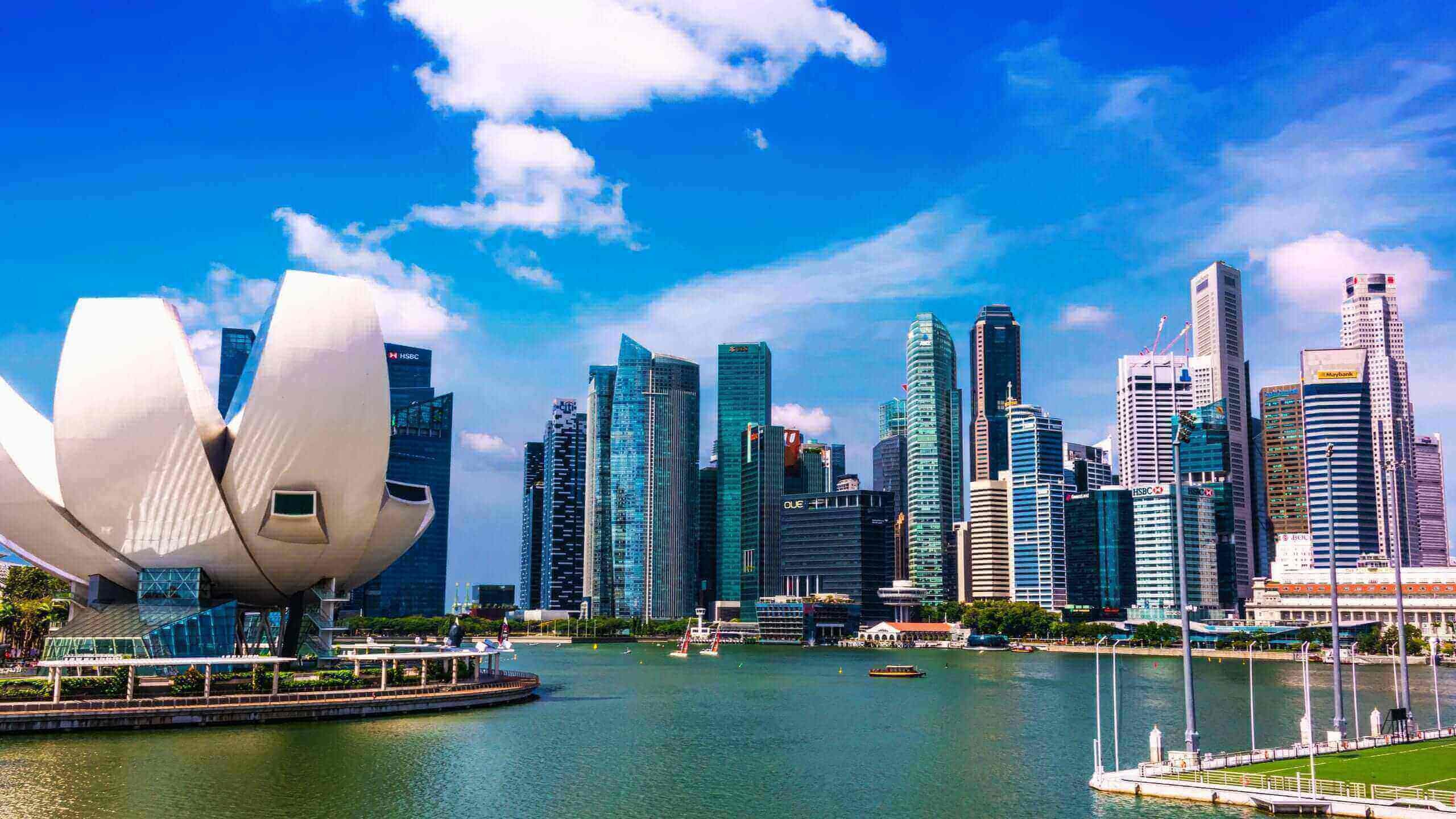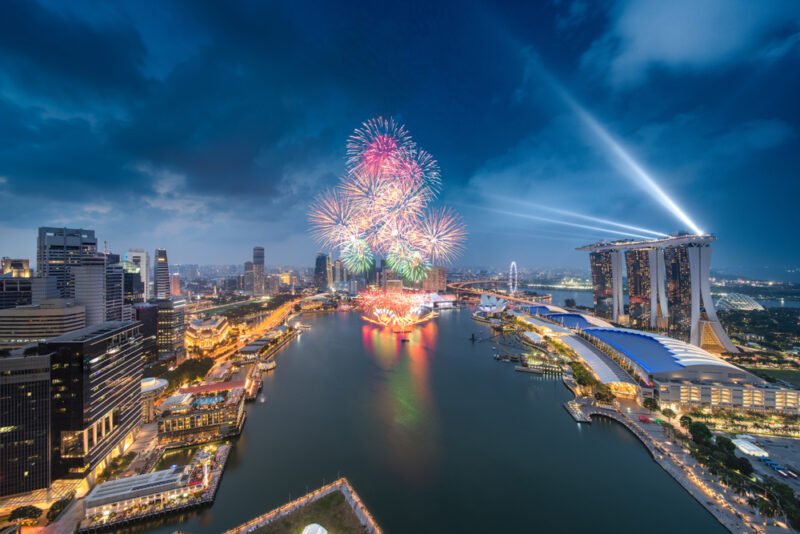Singapore, a dazzling gem in Southeast Asia, is renowned for its thriving economy, stunning architecture, and rich cultural tapestry. For expatriates considering a new life within this urban oasis, the prospect of buying property can be both exhilarating and daunting.
As you navigate this intricate landscape, it’s essential to grasp the nuances that come with property ownership in a foreign land. What are the legal stipulations? How do financing options differ from your home country? And what neighborhoods embody the perfect blend of convenience and charm? Whether you’re seeking a luxurious condominium with panoramic views or a quaint terrace house that feels like home, understanding these critical elements will empower your journey.
Popular developments like River Green offer a prime example of how modern living can harmonize with accessibility and lifestyle perks. In this guide, we’ll unpack the essential things you need to know before committing to that dream property in Singapore, ensuring you’re well-prepared to make informed decisions.
Eligibility and Restrictions for Expats

When considering property ownership in Singapore, expats must navigate a landscape of specific eligibility criteria and restrictions that can impact their buying decisions. Most notably, while foreign individuals can purchase private residential properties, acquiring land under the Residential Property Act is typically restricted. This means that expats eyeing landed properties are usually confined to those with special approval, often reserved for expatriate professionals or those with permanent resident status.
Additionally, it’s vital to differentiate between different types of properties; private condominiums are more accessible, but certain regulations still apply. For instance, thegovernment’ss aim to curb speculation means that prospective buyers should be well-informed about the stipulations surrounding their purchase.
Before diving in, potential buyers must conduct thorough research to ensure compliance with current laws and maximize their investment potential in this vibrant market.
Types of Properties: Condominiums vs. Landed Homes

When exploring the landscape of property options in Singapore, expats often face the choice between condominiums and landed homes, both of which offer distinct lifestyles and investment considerations. Condominiums, typically found in high-rise buildings, provide a sense of community and some communal amenities, such as swimming pools and gyms, which can be highly appealing for those who appreciate a more compact, urban lifestyle.
These properties are usually more affordable and require less maintenance, making them a practical choice for many first-time buyers. On the other hand, landed homes—such as bungalows or semi-detached houses—boast greater privacy, spaciousness, and the potential for outdoor spaces like gardens and patios, which can be invaluable for families or those who cherish their personal space.
However, they often come with a higher price tag and greater upkeep responsibilities. Ultimately, the decision hinges on personal preferences, lifestyle needs, and long-term financial goals, making it essential to weigh the pros and cons before diving into the Singaporean property market.
Legal Considerations

Before diving into the vibrant property market of Singapore, it’s essential for expats to navigate the legal intricacies that come with buying real estate. The first point of consideration is that not all types of property are available to foreigners; residential properties like landed houses may be restricted, requiring special permission from the government.
Furthermore, potential buyers must familiarize themselves with the Additional Buyer’s Stamp Duty (ABSD)—a hefty tax that applies to foreign buyers, which can significantly increase the overall cost of acquisition. It is also vital to engage with a qualified legal professional who can guide you through the complexities of property agreements and ensure that all transactions comply with local laws.
Understanding the terms of the property title, conducting due diligence, and knowing your rights as a buyer can help prevent disputes down the line. Ultimately, being informed about these legal considerations not only protects your investment but also paves the way to a smoother property purchase experience in this bustling city-state.
Conclusion
In conclusion, purchasing property in Singapore as an expat can be a rewarding investment, but it requires careful consideration and knowledge of the local market. Understanding the legal regulations, financing options, and the unique property landscape of the city-state is crucial for a successful transaction.
Additionally, developments like River Green highlight the variety of choices available to potential buyers, showcasinSingapore’ses commitment to creating vibrant communities. By conducting thorough research and seeking expert advice, expats can navigate this complex process with confidence, ensuring their property investment aligns with their lifestyle and financial goals.
With the right preparation, the dream of owning a home in this dynamic city can become a reality.


